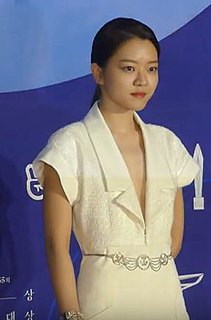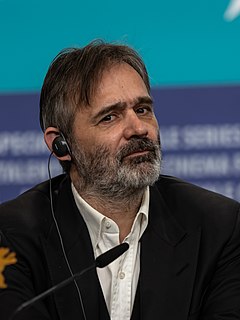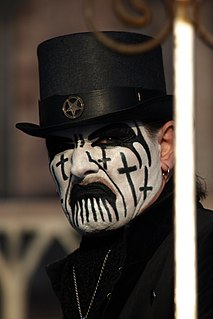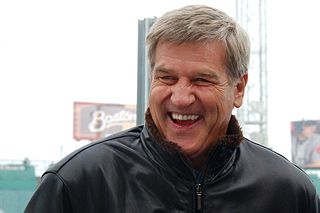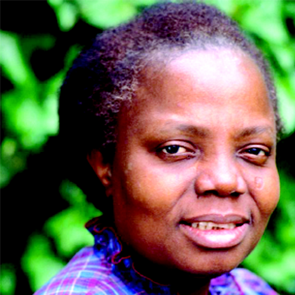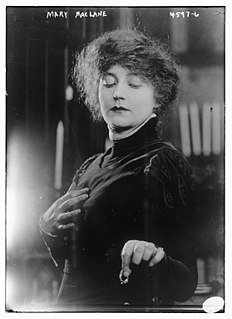A Quote by Go Ah-sung
I saw Roland Barthes's 'Mourning Diary' at a bookshop, and I felt it was like I was destined to see the book. I read it all in one go while I was in the shop. The book was mind-blowing.
Related Quotes
I can walk into a bookshop and point out a number of books that I find very unattractive in what they say. But it doesn't occur to me to burn the bookshop down. If you don't like a book, read another book. If you start reading a book and you decide you don't like it, nobody is telling you to finish it.
The book on my nightstand right now isnt anything that inspired me, but it entertained me. I read a book on Labor Day, it was a holiday, and I have three daughters, and we all went to the shopping mall and I sat on the bench and read a book while they shopped, it was called The Greatest Golfer there Ever Was, it was a great book, easy to read and entertaining.
If you take a book with you on a journey," Mo had said when he put the first one in her box, "an odd thing happens: The book begins collecting your memories. And forever after you have only to open that book to be back where you first read it. It will all come into your mind with the very first words: the sights you saw in that place, what it smelled like, the ice cream you ate while you were reading it... yes, books are like flypaper—memories cling to the printed page better than anything else.
One day, I found this book at a used bookstore with 'Satanic Bible' written on the cover, and I thought maybe I should read it and see what it is. I thought it was like a religion, but then I read the book, and what was in it was pure life philosophy - and it was a life philosophy that described how I felt at that point.
I'd say the purest experience for the movie is not to have read the book because I think when you've read the book you're just ticking off boxes. I think that after you see the movie, reading the book is a cool thing. I always say the movie's not meant to replace the book. That's ridiculous. I'm a huge fan of the book.
Keep a diary, but don't just list all the things you did during the day. Pick one incident and write it up as a brief vignette. Give it color, include quotes and dialogue, shape it like a story with a beginning, middle and end—as if it were a short story or an episode in a novel. It's great practice. Do this while figuring out what you want to write a book about. The book may even emerge from within this running diary.
I felt that there were so many things that could go wrong, in adapting The Hunger Games , and I had this fierce desire to protect this book that she had written. At that time, I read the second book, in manuscript form, and so I saw where she was going with the series. I was able to convince Suzanne [Collins] to trust me with the books.
People are used to streaming and binge-watching. When they see an author they like, if there's only one book, even if they like the book, they're going to forget about you. The way to keep you in their mind and to get you to become a habit for these readers is you have to have a lot of product out there for them to read.
I read one book where the characters never said anything; instead, they spent all their time grunting and bleating and hissing and cooing and growling and chirping and... It was like a menagerie in there. After a while, I wasn't even taking in the rest of the book, because that was all I could see: the dialogue tags.
